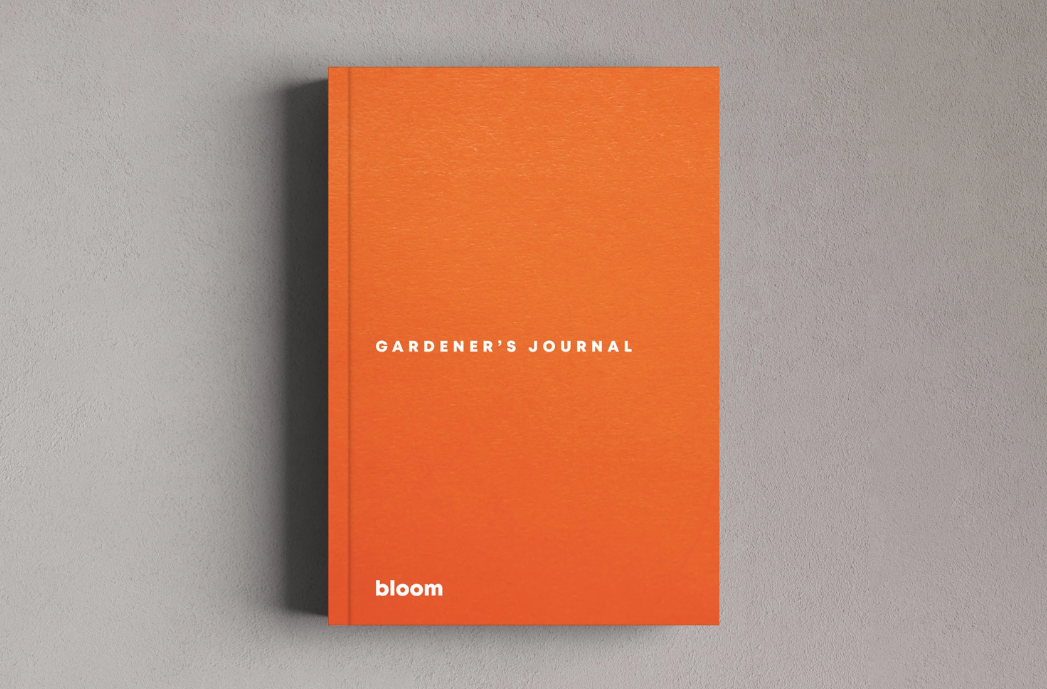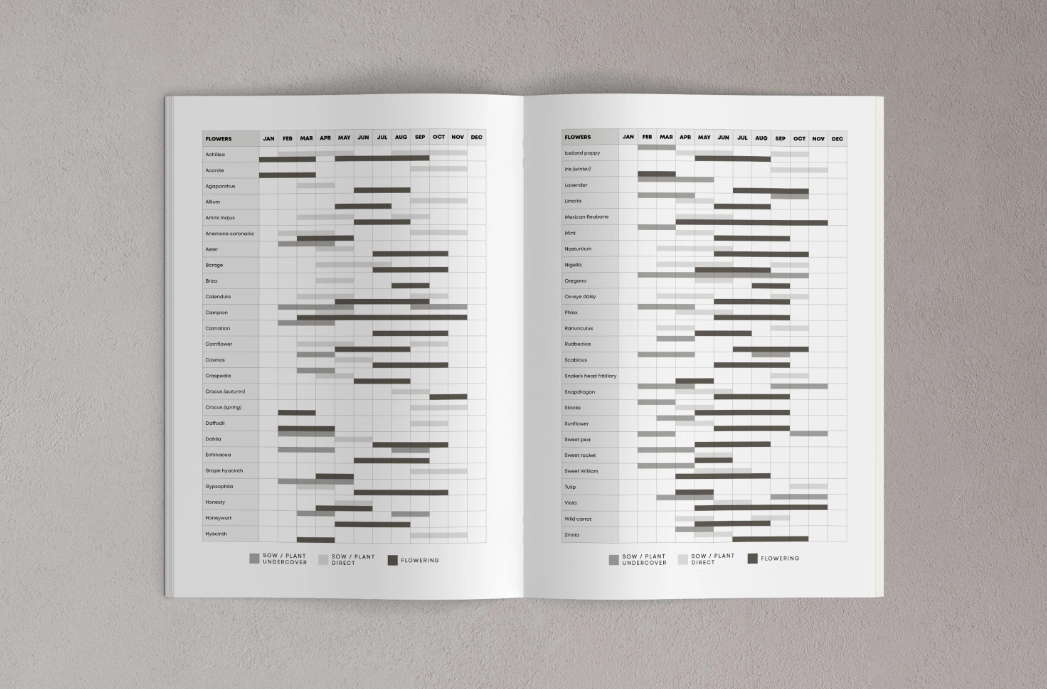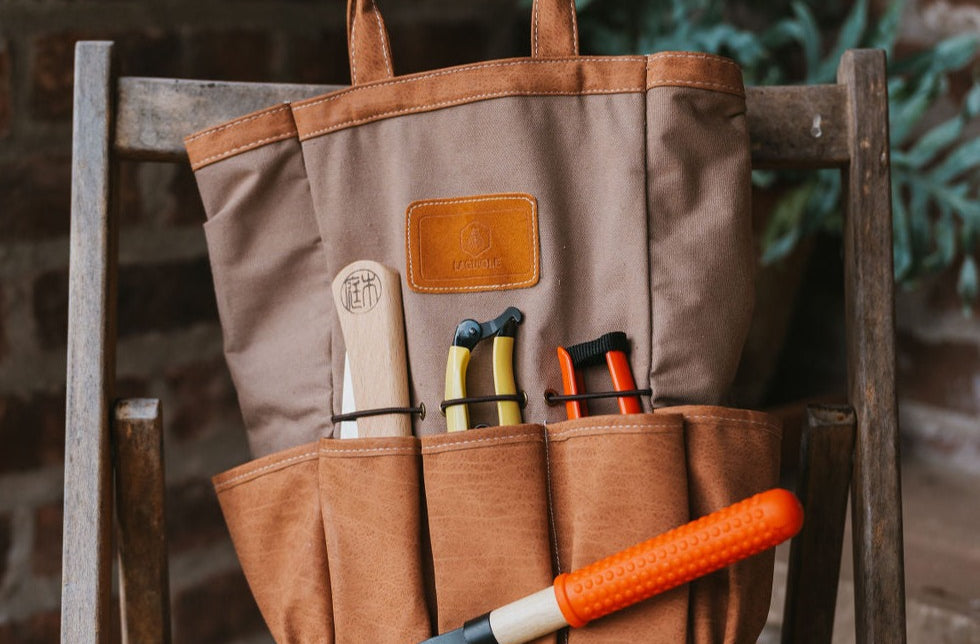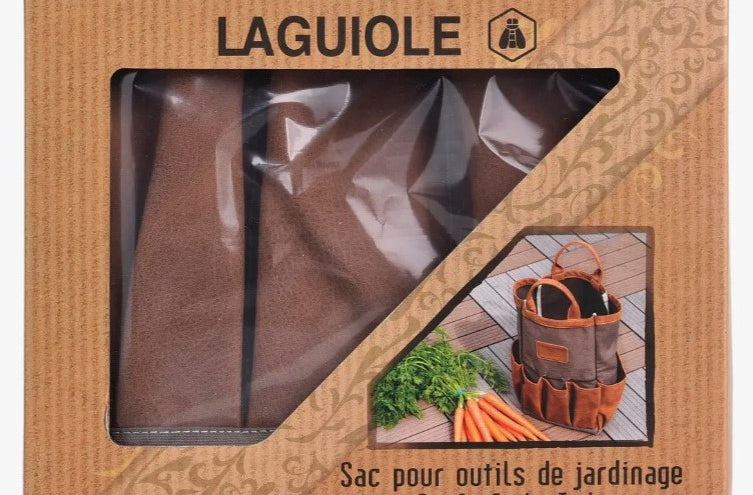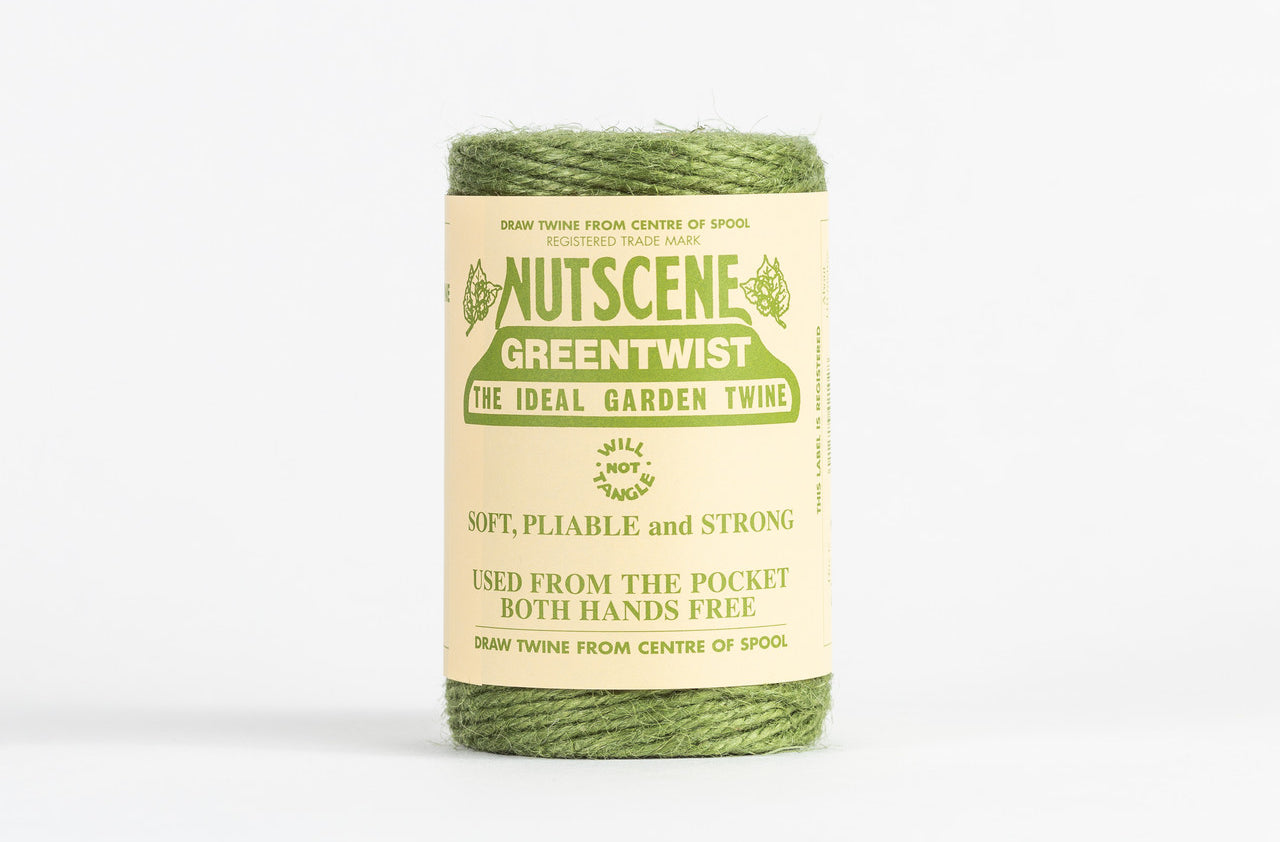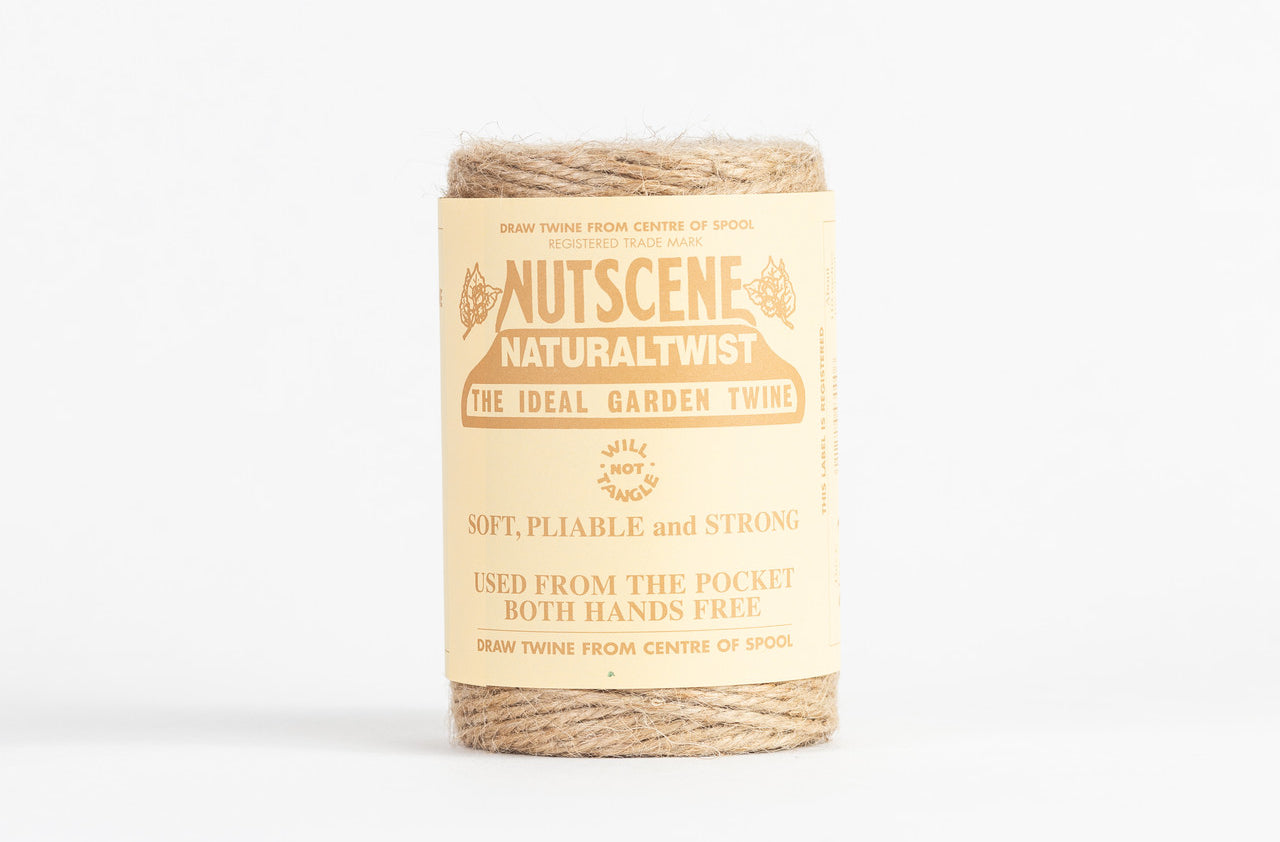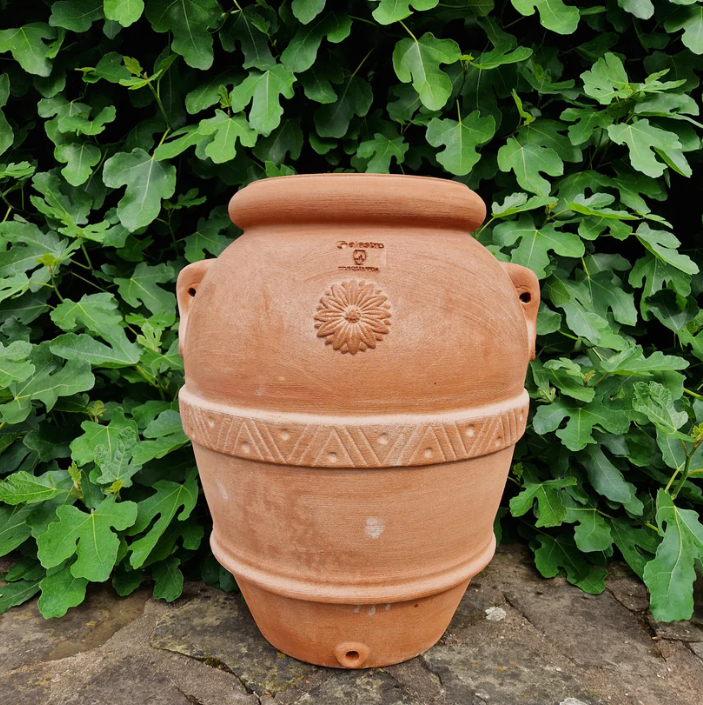For a long time now, garden furniture has been an aspect of the business that I wanted to grow. But in a market flooded by rattan, teak and mass-market metal furniture, I wanted to find something that blended quality, comfort, authenticity and low maintenance together.
So I set myself a challenge. Over a long period I listened to my Clients and noted the pieces Garden Designers were using in their schemes. It became obvious that I needed to find a range that was a) metal b) stylish & c) customisable. This meant that nothing 'off the shelf' could work - it had to be something special.
As of this week, following months of back-and-forth with a workshop in Europe, my new range of colour customisable hand-made garden furniture has arrived.

This eye-catching collection is designed to exactly copy highly sought-after antique 'Arras' garden furniture from France; From the look, to the proportions & shapes, to the way it's made.
Similar to confit pots and Louis XV armchairs, Arras furniture has become a staple of the French look. For over 150 years this innovative garden furniture has been adored for its simple design and stylish appearance. However, original pieces are costly (plant stands can go upwards of £900 with benches costing over £3000) and original stock is scarce. So this range is aimed to be a solution for design orientated Clients and Designers to have access to once limited furniture.
Though, it's not all just style and no substance. This furniture is very comfortable and well made.
If you are new to Arras garden furniture, allow me to give you some background...
History
Arras garden furniture was first produced by a workshop in the French town, Arras, in approximately 1840 up until the early 20th Century. 2/3 workshops in the town produced a portfolio of garden wares designed to supply the booming demand from the wealthy French classes and to furnish the increasing public parks being installed around the country.

However, as with the likes of numerous great businesses that boomed into the 20th Century, wars and new socio-economic circumstances brought with them changes that many businesses struggled to see through.
Although original Arras furniture is no longer made, the workshops left a lasting legacy off the back of their innovative and sightly designs.
How it's made
The main signature feature of an Arras piece of furniture is the curved slats. As opposed to typical garden seating being constructed with slats featuring smooth, flat surfaces, the workshops in Arras discovered that curved bars were in fact comfier to sit on, gave a structural benefit to the furniture, and the shape allowed water to simply glide off (which in return reduced rust).

Another signature look of Arras furniture is the feet. Until the turn of the 20th Century, Arras furniture featured a cast lion's paw over a more typical scroll or pad foot commonly seen on blacksmith-made wrought iron benches. After around 1900 the workshops switched out the lions paw to a horses hoof design. Although this decision was to initially reduce manufacturing costs, the new shape went on to become iconic.
Lastly, what's fantastic is the actual process of making each piece. Each slat and support of the frame is hand-riveted. Although this process takes more time, rivets are strong and they provide greater support to the metalwork.

How To Order
Right now 3 sizes of benches and a classic 3-tier plant stand are available to order. Over time I intend to develop the range into tables & individual seating.
Each piece is galvanised and then painted to your liking. Choose to go simple or opt to go bold; take a look through the vast colour swatches in the Yard as you test the displays for comfort and suitability.

Once your order has been placed - in approximately 8 weeks your furniture will be delivered to my Yard, professionally wrapped and ready for delivery. This lead-time allows the workshop to make your furniture from scratch, apply the correct finishes, and ship it to my Yard.
I do hope you love this range as much as me. If you have any questions please don't hesitate to ask.



